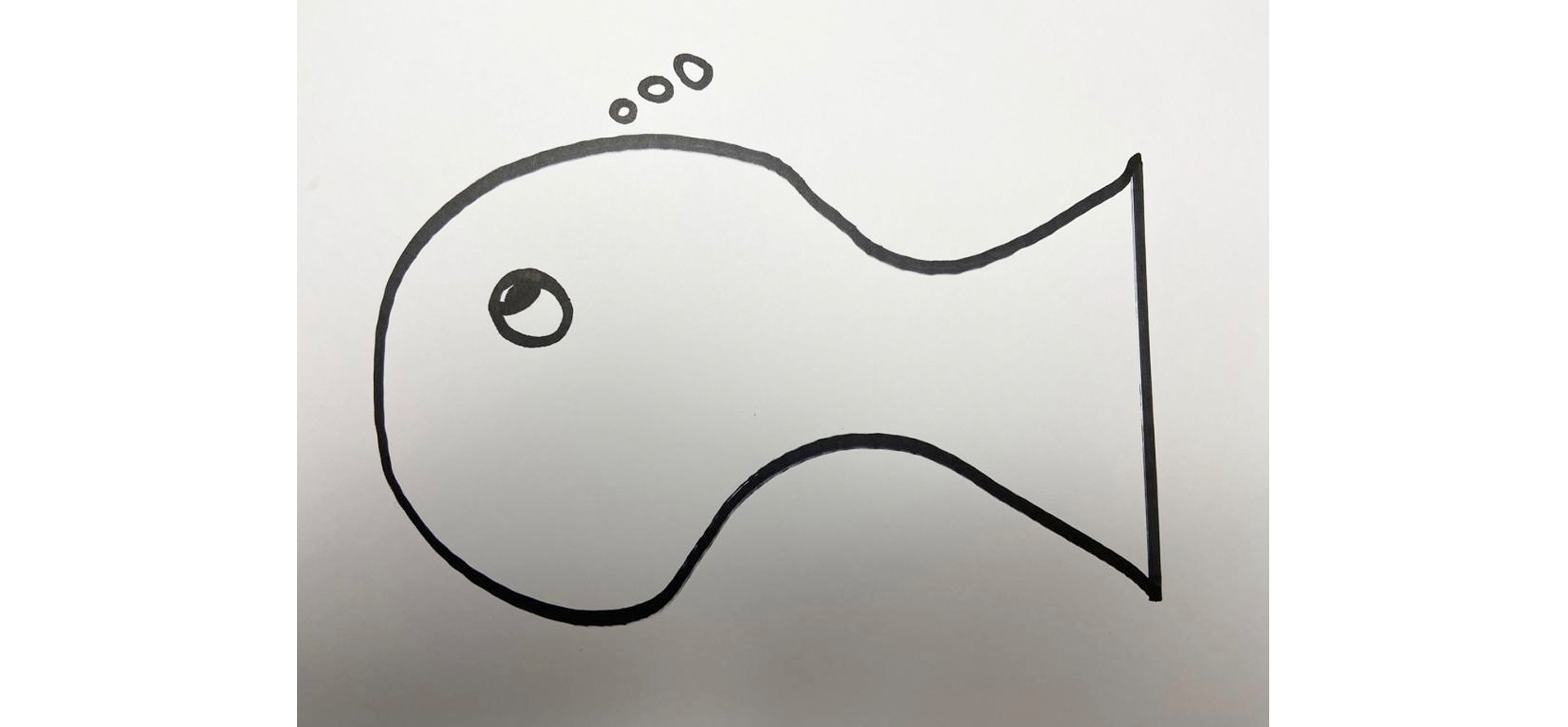
Build Customer Loyalty – One TNT at a Time
There are these two young fish swimming along and they happen to meet an older fish swimming the other way, who nods at them and says “Morning boys. How’s the water?” And the two young fish swim on for a bit, and then eventually one of them looks over at the other and goes “What the hell is water?” – David Foster Wallace
Yes, it’s either a silly story, a profound story or a profoundly silly story – depending on your viewpoint. But it’s one I use to illustrate that sometimes people really don’t give much thought to the big things all around them. And the more ubiquitous those things are, the less we actually take notice.
Still not convinced? Imagine you’ve walked into a car showroom. It’s a vast temple of plate glass and architectural steel. You can literally see your reflection in the polished tile floor, and rows of spotless cars are artfully lit by carefully arranged lighting. Some car manufacturer or distributor has invested millions to make it look like that. So, are you more likely to buy a car there?
No – because they all look like that.
If you’re like me, and anyone else I’ve ever discussed car purchasing with, you’re much more likely to be influenced by whether the receptionist looks up and smiles as you enter, if he or she takes your name and asks if you’d like a cup of coffee or tea. Then when a salesperson appears with your drink, whether they greet you by name, introduce themselves and give you the option of seeking information now, or taking your time and asking questions at your leisure.
In fact, if every one of those things has ever happened in that order, then you are in a minority. Because that’s not the experience of most customers – me included. Yet none of these are difficult; they are small and don’t cost millions to get right. But they are the things most likely to determine whether we choose to become a customer or reward that dealership with our continued loyalty.
I call these small service differentiators TNTs – or Tiny Noticeable Things. I’m a bit obsessional about them, so much so, I wrote a book on the subject. If you share my passion for staff and customer excellence, let me summarise the key points.
What exactly are TNTs? TNTs are all the little things that we don’t need to do, but when we do do them, they can have a seismic impact and make a very big difference. They could be as small as a smile, a ‘thank you’ or remembering someone’s name. They are the gap between a four and a five-star experience, and the difference between an instantly forgettable, mediocre brand and one that’s outstanding.
- TNTs may be tiny, but they are highly explosive
- Pound-for-pound they create the biggest, longest-lasting impact
- Think of them as an everyday secret weapon
- TNTs allow small businesses to outshine giant competitors
If you are serious about building customer loyalty that stands head and shoulders above your competition, start with how you treat your staff. If a team feels great about themselves, the chances are they will make customers feel great. As I often say when speaking at conferences “Great people make people feel great.”
How can you foster this attitude and behaviour in your customer-facing team? You may be a fortunate manager who is confident that your team already knows every customer interaction is an opportunity to make a difference and set your business one step ahead. If so, your job is simply to recognise and reward this behaviour. Make it so embedded that it’s impossible for staff not to do this without being pulled up by colleagues.
But if you’re like most managers who see this happening occasionally, led by better or more experienced team members, what can you do to nurture this customer approach? You may not be surprised to hear that the answer is TNTs; in this case, the Tiny Noticeable Things you can do as a leader to show you notice when people make a difference. Whatever incentives you choose; from formal recognition schemes, a hand-written note or a drop-by to say ‘thank you’ or a team pizza after work – the cost to your business will easily be outweighed by the competitive benefits of making customers feel special.
